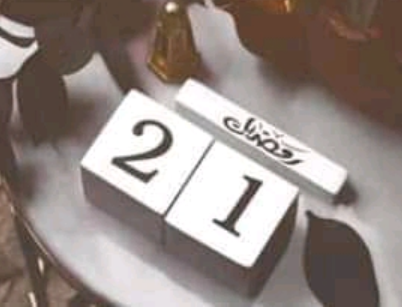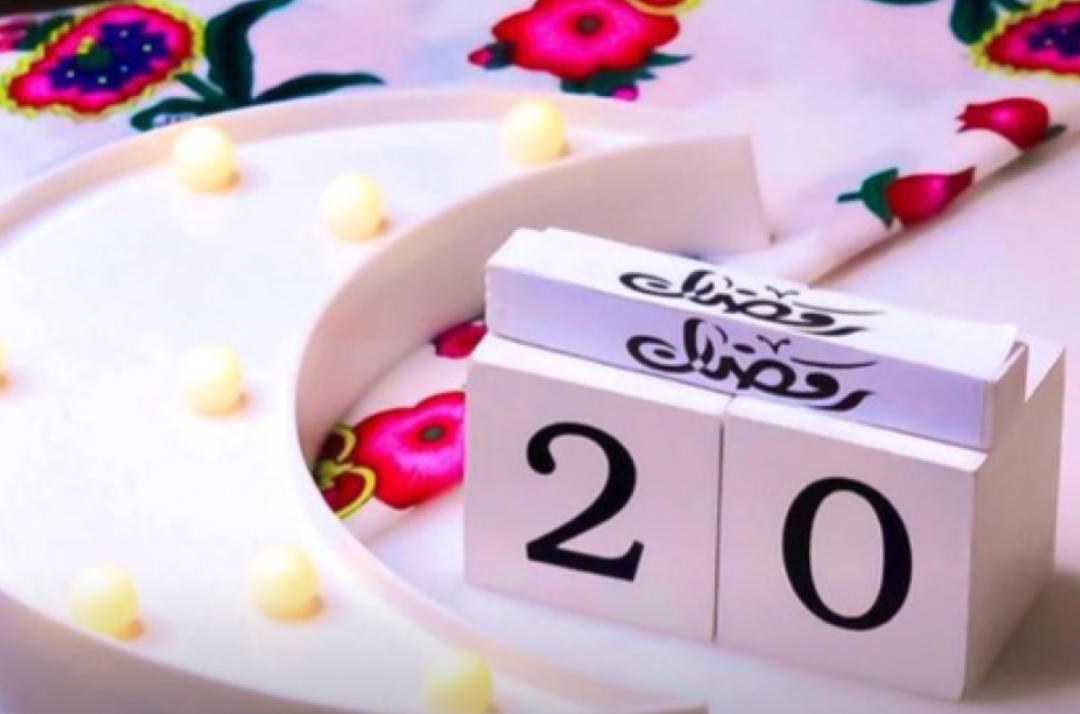🌙Hastening to break the fast🌙
It was narrated from Sahl ibn Sa’d that the Messenger of Allaah (peace and blessings of Allaah be upon him) said: “The people will continue to do well so long as they hasten to break the fast.”
This hadeeth points to one of the etiquettes of breaking the fast, which is to hasten to do it as soon as the time comes. What is meant by hastening is that as soon as the disk of the sun disappears beneath the horizon, one should break the fast. There is a great deal of goodness in that, including the love of Allaah. Abu Hurayrah (may Allaah be pleased with him) said: The Messenger of Allaah (peace and blessings of Allaah be upon him) said: “Allaah says, ‘The most beloved of My slaves to Me are those who hasten most to break the fast.’” Hastening to break the fast is following the teaching of the Prophet (peace and blessings of Allaah be upon him) and acting in accordance with his Sunnah, as he (peace and blessings of Allaah be upon him) used to hasten to break his fast.
It was narrated that ‘Abd-Allaah ibn Abi Awfa (may Allaah be pleased with him) said: We were with the Messenger of Allaah (peace and blessings of Allaah be upon him) on a journey, and he was fasting. When the sun set he said to one of the people, “O So and so, get down and mix water with saweeq for us.” He said, “O Messenger of Allaah, why don’t you wait until evening?” He said, “Get down and mix water with saweeq for us.” He said, “It is still daylight.” He said, “Get down and mix water with saweeq for us.” So he got down and mixed water with saweeq for them. The Prophet (peace and blessings of Allaah be upon him) drank some, then he said: “When you see night falling from this side, then the fasting person should break his fast.”
Hastening to break the fast is one of the characteristics of the Prophets, as Abu’l-Darda’ (may Allaah be pleased with him) said: “Three things are characteristics of the Prophets: hastening to break the fast, delaying suhoor and placing the right hand on the left in prayer.”
Hastening to break the fast is also differing from the Jews and Christians whom we are forbidden to imitate in our worship and customs. The Prophet (peace and blessings of Allaah be upon him) said: “Islam will continue to prevail so long as the people hasten to break the fast, because the Jews and Christians delay it.”
Hastening to break the fast is also easier for people and farther removed from extremism in religion. This etiquette was followed by the best of generations, the companions of the Messenger of Allaah (peace and blessings of Allaah be upon him). Al-Bukhaari (may Allaah have mercy on him) said: “Abu Sa’eed al-Khudri broke his fast when the disk of the sun disappeared.”
‘Amr ibn Maymoon al-Awdi (may Allaah have mercy on him) said: The companions of Muhammad (peace and blessings of Allaah be upon him) were the swiftest of people to break their fast and the latest in eating suhoor.
It was narrated from ‘Umaarah ibn ‘Umayr that Abu ‘Atiyyah said:
Masrooq and I entered upon ‘Aa’ishah and said: “O Mother of the Believers, there are two men among the companions of Muhammad (peace and blessings of Allaah be upon him), one of them hastens to break his fast and hastens to pray, and the other delays breaking the fast and delays the prayer.”
She said: “Who is the one who hastens to break his fast and hastens to pray?”
We said: “ ‘Abd-Allaah (i.e., ibn Mas’ood).”
She said: “That is what the Messenger of Allaah (peace and blessings of Allaah be upon him) used to do.”
Whoever thinks that the sun has set when it has not, his fast is valid because he is excused, but he should refrain from eating until it has really set, because he is like one who forgot. Those who forget or who make a mistake come under the same ruling. Allaah says (interpretation of the meaning) :
“Our Lord! Punish us not if we forget or fall into error”[al-Baqarah 2:286]
The one who forgets does not have to make up that day, and neither does the one who makes a mistake.
It was narrated that Asma’ bint Abi Bakr al-Siddeeq (may Allaah be pleased with them both) said: We broke our fast at the time of the Prophet (peace and blessings of Allaah be upon him) on a cloudy day, then the sun came out..
Shaykh al-Islam Ibn Taymiyah (may Allaah have mercy on him) said: This indicates two things: that if it is cloudy it is not recommended to wait until one is certain that the sun has set, for they did not do that and the Prophet (peace and blessings of Allaah be upon him) did not command them to do that, and the companions with their Prophet were more knowledgeable and more obedient to Allaah and His Messenger than those who came after them.
The second thing is that it is not obligatory to make up that day, because if the Prophet (peace and blessings of Allaah be upon him) had commanded them to make up that day, that would have been well known and would have been transmitted as the news of their breaking their fast was transmitted. The fact that no such report has been transmitted indicates that they were not commanded to do that. If someone were to say that Hishaam ibn ‘Urwah was asked whether they were instructed to make up the fast, and he answered them by saying that there is no alternative to that.
The answer is that this was Hishaam’s own opinion, and that was not narrated in the hadeeth. This indicates that he had no knowledge of that. Mu’ammar narrated that he said: I heard Hishaam say: I do not know whether I should make up the fast or not. Al-Bukhaari narrated such and such from him. He narrated the hadeeth from his mother Faatimah bint al-Mundhir, who narrated it from Asma’. And Hishaam narrated from his father ‘Urwah that they were not commanded to make up the fast, and ‘Urwah was more knowledgeable than his son.
Source:
https://islamqa.info - Islam Question and Answer
 أرسلها على تطبيق الواتساب
أرسلها على تطبيق الواتساب 

